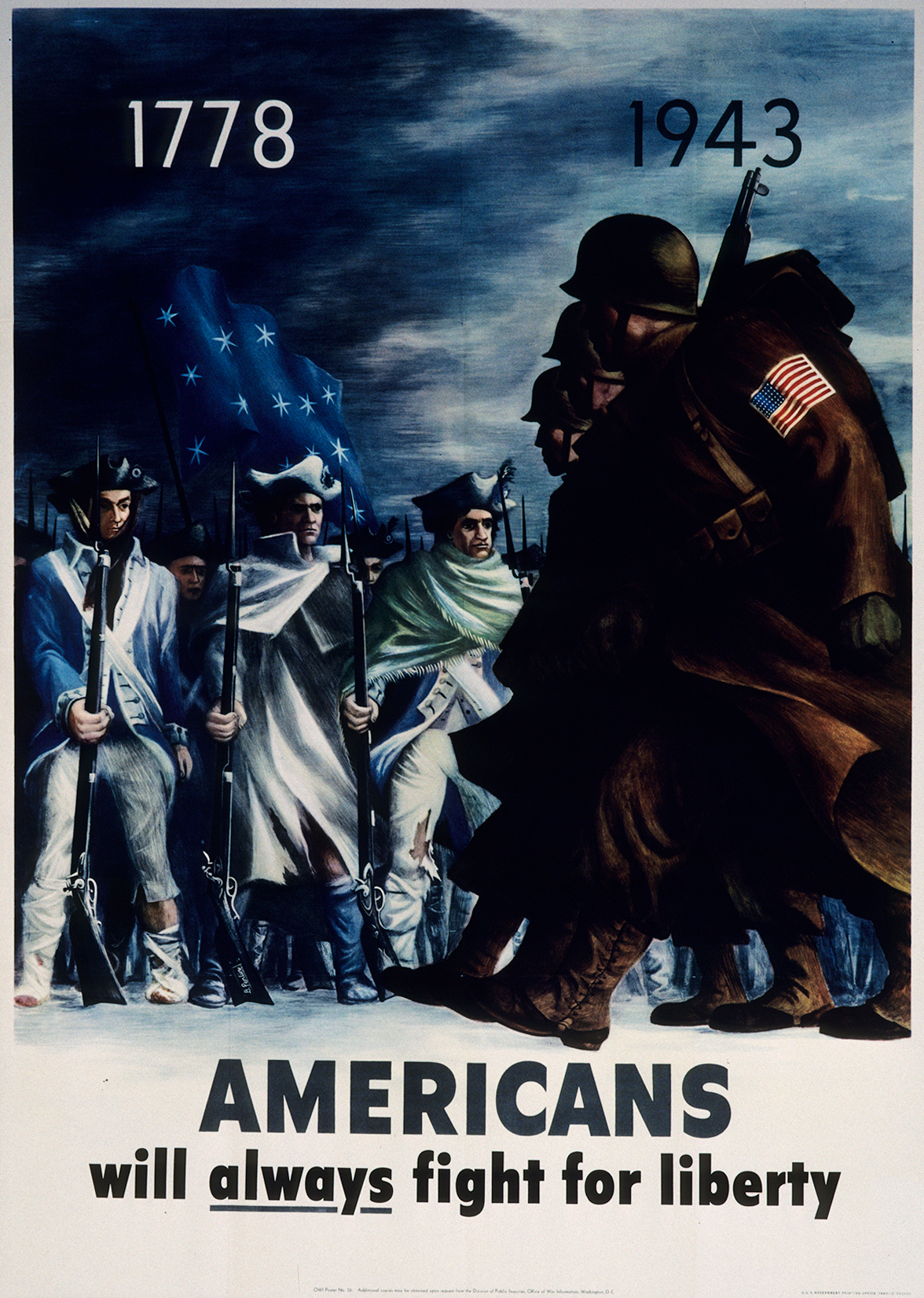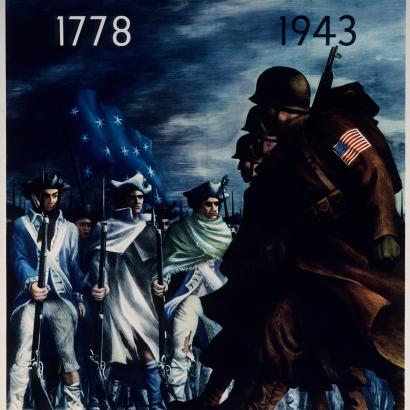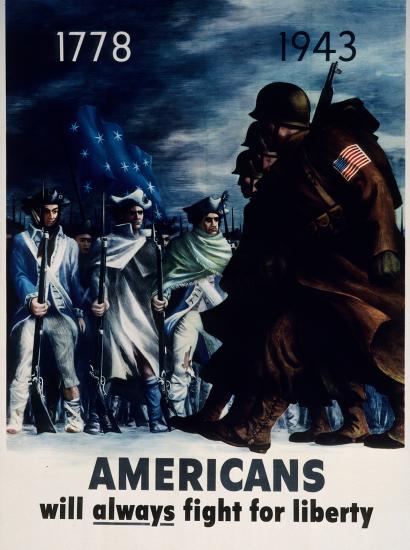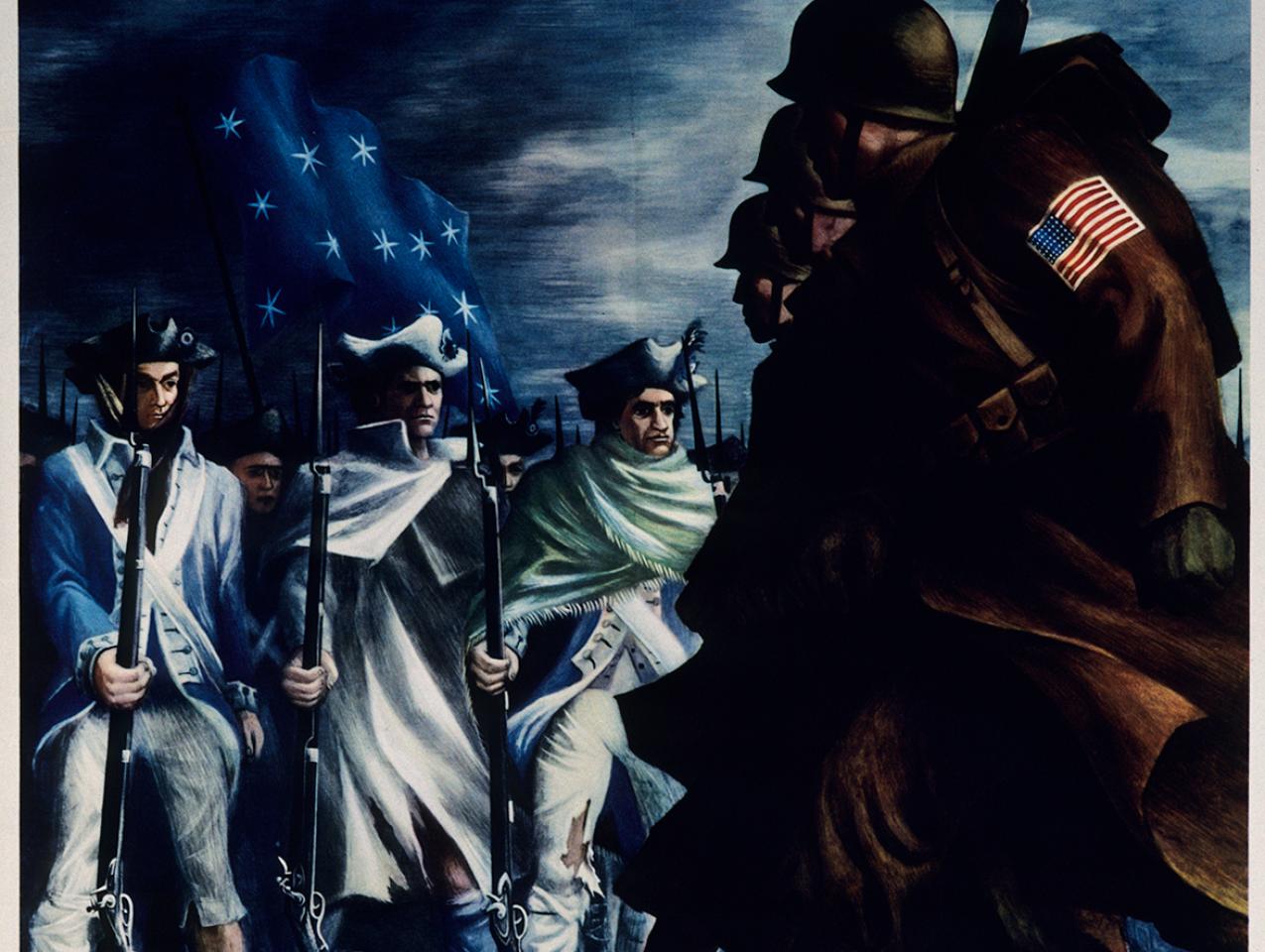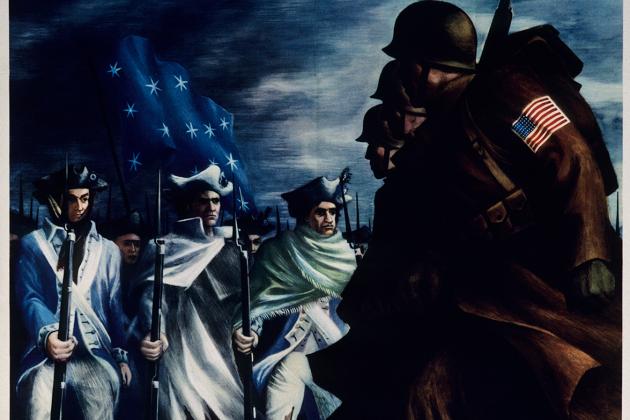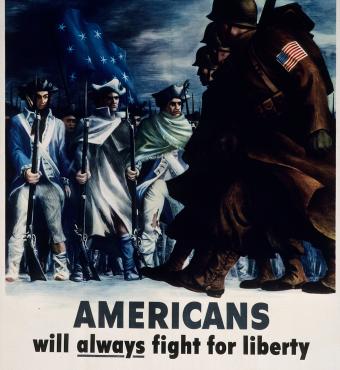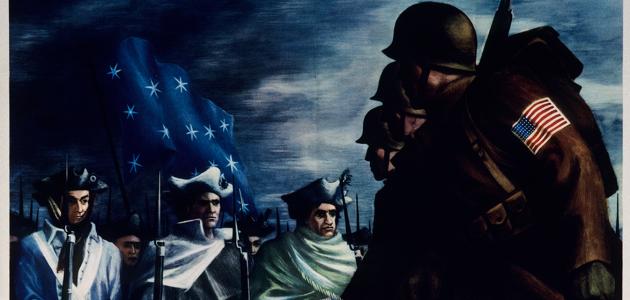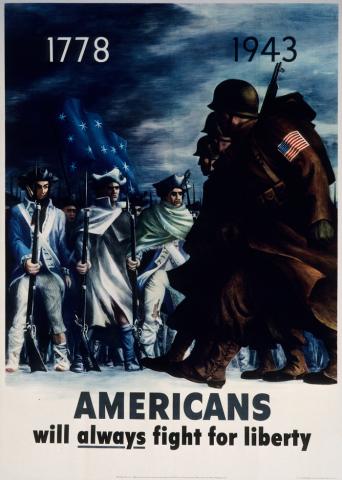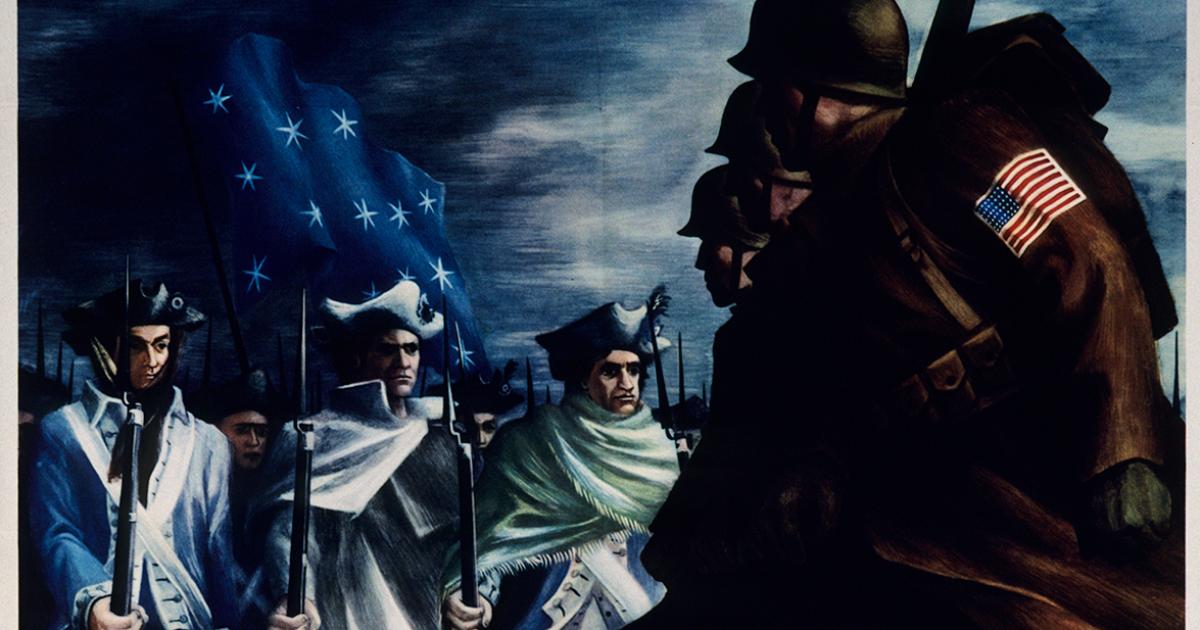- Military
- Revitalizing History
I grew up in the small rustic village of Kinderhook, located in upstate New York, 25 miles south of the capitol, Albany, on the east side of the Hudson River. Like that river, our village received its name from the famous Dutch explorer of the early 17th century. Today, Kinderhook is most known as the home of our country’s 8th president, Martin Van Buren, but it’s our community’s connection to the reviled and infamous traitor Benedict Arnold that has been on my mind lately. Shortly after the battle of Saratoga in October 1777, Arnold, along with the captured British Lieutenant General John Burgoyne, were brought to Kinderhook. Arnold was convalescing from wounds suffered on the battlefield and the Continental Army was still figuring out what they should do with the captured British commander. It was apparent even then that the surprising outcome at Saratoga seemed to mark the end of one phase of the Revolutionary War and the start of another, although exactly what that meant was not yet clear. So, the temporary pause in Kinderhook to sort things through and attend to wounds was understandable.
Indeed, the victory at Saratoga had been as significant as it was surprising. Unexpected because at one point in the battle the seasoned and well-led British Army appeared on the verge of a tactical victory at Bemis Heights when Continental Army Major General Benedict Arnold personally moved towards that location, resolutely calling out to his troops to fight to repel the ferocious British attack. Arnold’s quick thinking and personal example of uncommon valor inspired Continental troops to fight like never before. What initially looked like a potential defeat for the Patriots became its opposite—a decisive strategic victory which convinced the French to join the war effort on the American side and inspired the Continental Congress to pass the Articles of Confederation, its first constitution—both of which added up to a turning point in the conflict.
This part of the Arnold story is not often told in school for want of simplicity and moral clarity. Arnold is rightfully known to us today as a traitor, in fact, the very personification of such. No one who dons the military uniform of the United States wants to become a “Benedict Arnold.” Although Arnold’s courageous performance at Saratoga complicates that narrative, it is a chapter of his life that must be told, if for no other reason than as a deterrent for highly ambitious souls.
In his 2006 book, George Washington and Benedict Arnold: A Tale of Two Patriots, former West Point Superintendent, Lieutenant General Dave R. Palmer, gives us a summoning account of these leaders’ lives. The first section of the book is a historical review of their respective achievements and what was so surprising to me was that on merit alone, at least up until 1777 before his fall from grace, Arnold was the more accomplished leader. Time after time, Arnold bests Washington in intelligence, worldly achievements, and bravery. Ultimately, however, Palmer’s serves us a morality tale because the one category where Washington is clearly superior is character—and that’s the essential point.
After his period of bitter disappointment at not being promoted in the British Army, Washington becomes a changed man. He commits to changing his essence and thereafter is able to temper his personal ambition and becomes oriented on serving others. Considering that, it is ironic that just when Washington gives up his highest ambitions, he begins to achieve beyond his wildest dreams. Arnold, in contrast, proves incapable of reining in his utter resentment for being passed over for top-level command in the Continental Army and consequently the combination of his vanity and anger leads to treason. Seems like we are reading Shakespeare or Sophocles, but it is just pure history from Palmer. Ultimately this is a cautionary tale of what can happen to even those with the highest God-given gifts who, nevertheless, display poor moral judgment. This story, so classically Greek, should be told in schools today, even more so because of how profoundly our exceptional young nation benefited from the birth of this tragically flawed human. Potentially complicating matters further, there may be more to the story.
During my time serving in Iraq, I saw firsthand what can happen to individuals who endure a traumatic brain injury (TBI). This often is a wound you can’t see, but its consequences are generally perceived by changes in mood, temperament, and behavior. As for General Arnold, in the process of rallying his troops, he was shot in the leg and fell off his dying horse. Did he incur a TBI during that fall? During my research attempts to confirm or reject that possibility, I found the historical record silent. We may never know definitely. We do know, however, that it is not uncommon today to see individuals who fall from horses incur a TBI, and firsthand accounts of Arnold’s wounding reveal that his horse, which was also struck by enemy fire, subsequently fell on him after he was thrown off it. Still, even if we were able to confirm such an injury for Arnold, it would not excuse his treasonous behavior, even with a potential medical explanation for this dramatic change in his loyalties. Regardless, in the end he was still responsible for his betrayal of his comrades and the patriotic cause.
Today, the U.S. military is much more aware of how TBI impacts mental health, judgment, and behavior and we are better off for that. As for Arnold, one thing is certain; his actions at Saratoga, before the fall, changed the course of that battle. The resulting Continental Army victory changed the fate of the war and helped make the Declaration of Independence a reality. History now records that the Founding of the United States of America changed the world for the better and helped humanity forge a new and hopeful chapter in world affairs. Among all those who we must thank for that development, even if begrudgingly, must be added the infamous traitor, Benedict Arnold, who was forever joined with Lucifer after the fall. Former heroes who broke bad.
Chris Gibson is a decorated Army combat veteran, a former Member of Congress, and a Participant of Hoover’s Working Group on the Role of Military History in Contemporary Conflict. This essay was drawn from Gibson’s latest book, The Spirit of Philadelphia: A Call to Recover the Founding Principles, published by Routledge in 2025.







